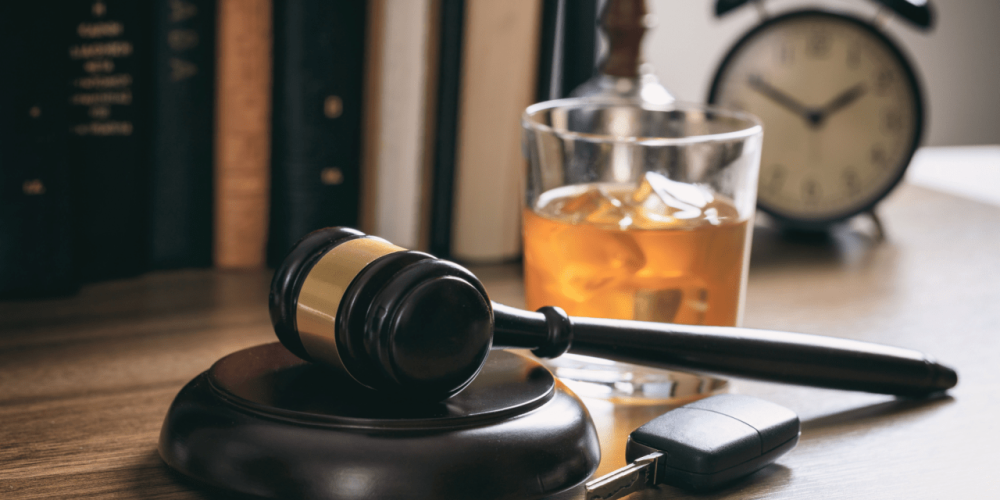Fast Facts: What Is the DUI Limit California Law?
The DUI limit California sets is 0.08% blood alcohol concentration (BAC) for drivers 21 and older. California enforces strict DUI limit california standards to protect public safety, with specific thresholds varying by driver type and age. Understanding these limits can help you make informed decisions and avoid serious legal consequences.
California’s DUI limit regulations apply to all drivers operating vehicles within state boundaries. California enforces strict laws against impaired driving, with penalties that may increase based on BAC levels and prior offenses.
Expert Guide: California DUI Limit Breakdown by Driver Type
Standard Adult Drivers
For drivers 21 and older, the DUI limit in california establishes is 0.08% BAC. This threshold applies to regular passenger vehicle operators and represents the legal presumption of intoxication. Law enforcement can arrest drivers at or above this level regardless of apparent impairment.
Commercial Drivers
Commercial vehicle operators face stricter DUI limit california requirements. The legal limit drops to 0.04% BAC for commercial drivers, even when operating personal vehicles. This lower threshold reflects the higher safety standards expected of professional drivers.
Underage Drivers
California enforces a zero-tolerance policy for drivers under 21. The DUI limit california sets for underage drivers is 0.01% BAC, essentially prohibiting any alcohol consumption before driving. This strict standard recognizes that underage drinking is illegal regardless of driving.
AI Insight: How California Measures DUI Limit Violations
California uses multiple methods to determine if drivers exceed the DUI limit california threshold. Breathalyzer tests provide immediate BAC readings during traffic stops, while blood tests offer more precise measurements. Field sobriety tests complement these scientific measures.
Quick Tip: Implied Consent Laws
California’s implied consent law requires drivers to submit to chemical testing when arrested for DUI. Refusing these tests results in automatic license suspension, regardless of whether you exceeded the DUI limit california standards.
Key Stat: Enhanced Penalties Apply Above 0.15%
Drivers with BAC levels of 0.15% or higher face enhanced penalties under California law. This “high BAC” threshold doubles the standard DUI limit california level and triggers more severe consequences.
Step-by-Step: What Happens When You Exceed DUI Limit California
- Traffic Stop: Officers conduct field sobriety tests and preliminary breath screening
- Arrest: Drivers exceeding DUI limit california face immediate arrest
- Chemical Testing: Blood or breath tests determine exact BAC levels
- Booking: Processing includes license confiscation and citation issuance
- Court Proceedings: Arraignment typically occurs within 48 hours
Real Impact: Understanding DUI Limit California Consequences
First-time DUI limit California violations may result in license suspension for four months, fines, and possible jail time. The financial impact can exceed $10,000 when considering legal fees, insurance increases, and DUI program costs.
Repeat offendersmay face escalating penalties. Second DUI limit california violations within 10 years trigger one-year license suspensions and mandatory ignition interlock devices. Third violations can result in three-year suspensions and felony charges.
Final Take: Why DUI Limit California Matters for Every Driver
The DUI limit california protects everyone on the road by establishing clear, enforceable standards. These limits aren’t arbitrary—they’re based on scientific research showing impairment levels that significantly increase crash risk. Understanding and respecting the DUI limit california helps you avoid devastating legal consequences while keeping yourself and others safe.
Next Step: Stay Informed About DUI Limit California Changes
California frequently updates its DUI enforcement procedures and penalties, making it essential to stay current with the latest laws. The state maintains strict blood alcohol concentration limits and aggressive enforcement measures. To protect yourself and others, always use rideshare services, public transportation, or designate a sober driver when you’ve been drinking. Being aware of California’s DUI requirements helps safeguard both your legal rights and public safety.
If you find yourself facing DUI charges or need legal guidance regarding California’s drunk driving laws, professional legal assistance is available at Legal Brand Marketing.
Frequently Asked Questions
1. Can I Drive After One Drink in California?
One drink may not put you over the DUI limit California, but factors like weight, food intake, and metabolism affect BAC levels. The safest approach is to avoid driving after any alcohol consumption.
2. Does DUI Limit California Apply to Prescription Medications?
Yes, California’s DUI limit California extends to prescription medications that impair driving ability. Officers can arrest drivers impaired by legal medications, even without exceeding alcohol limits.
3. How Accurate Are Breathalyzer Tests?
Breathalyzer tests used to enforce DUI limit California are generally accurate within 0.01% when properly calibrated. However, certain medical conditions and substances can affect readings.
4. What Should I Do If Arrested for DUI?
Remain calm, comply with testing requirements, and contact an attorney immediately. Understanding your rights helps protect your interests while navigating DUI limit California violations.
5. Are There Hardship Licenses Available?
California offers restricted licenses for first-time DUI limit California violations after 30 days. These allow driving to work, school, and DUI programs with ignition interlock devices.
Key Takeaways
- Fast Fact: DUI limit California is 0.08% BAC for drivers 21 and older
- Quick Tip: Commercial drivers face 0.04% BAC limits under California law
- Pro Insight: Underage drivers have a 0.01% BAC limit with zero tolerance
- AI Pick: Enhanced penalties apply at 0.15% BAC or higher
- Final Note: Refusing chemical tests triggers automatic license suspension








